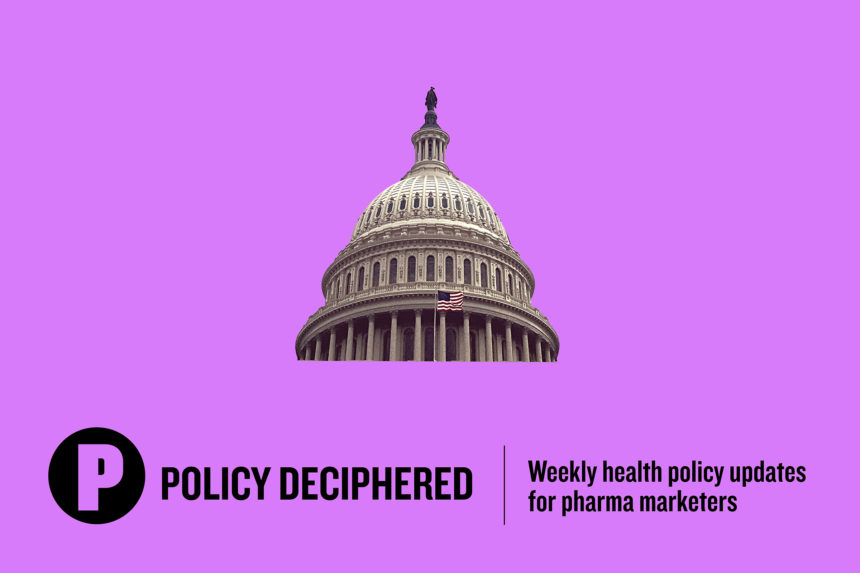A top official from the Centers for Disease Control and Prevention spoke before a House of Representatives committee about vaping as teen use and the number of cases of a mysterious e-cigarette-linked lung illness are both on the rise.
Dr. Anne Schuchat, principal deputy director of the CDC, updated lawmakers about the agency’s work to investigate both the lung illness and teen vaping. The CDC is planning to release additional statistics about cases of the lung illness, Schuchat said, but noted that “hundreds” more cases have been reported since last week, when 530 probable and confirmed cases were recorded.
Members of the House Oversight Economic and Consumer Policy Subcommitttee questioned Schuchat about the cause of the illness and how the CDC is warning consumers.
Rep. T.J. Cox (D-CA) asked why the CDC didn’t simply say that vaping can lead to death in its warning to the public last week, which instead took a measured approach, saying that people should “consider refraining from using e-cigarette or vaping products.”
Because an investigation of the illnesses is ongoing, Schuchat said the agency was trying not to exaggerate.
“We’re trying to be careful when we don’t know the substance at risk, and we are trying to sustain our credibility against people who will think we’re exaggerating,” she said. “Our recommendations are very broad because something that’s in e-cigarettes and vaping products is leading to death, but when we don’t have specific product [information] consumers might not take caution. We’re trying to make them take this seriously in a way they will believe us.”
Patients who developed the vaping illness self-reported using a range of products, including both THC and nicotine vapes and nicotine-only products, Schuchat said. A separate investigation in New York this month linked the lung illness to high levels of vitamin E oil.
When it came to teen vaping, Schuchat specifically blamed flavored products, like many others in government. President Donald Trump this month proposed a ban on flavored vaping products, except for tobacco. The Food and Drug Administration also said it was finalizing a compliance policy to remove flavored products from the market.
While the CDC does not have the authority to remove products from the market, Schuchat said the Food and Drug Administration’s policy would help.
“As a public health expert, I can say we’re extremely concerned about flavors and the role they play in hooking young people to a life of nicotine addiction,” Schuchat said. “I don’t think flavors are a critical factor for adults trying to get off smoking cigarettes; we think the nicotine level is the principal issue there. We want to encourage adults who want to quit smoking to use FDA-approved devices to do that. None of the e-cigarette companies have applied to FDA to be approved as cessation device as of yet.”







